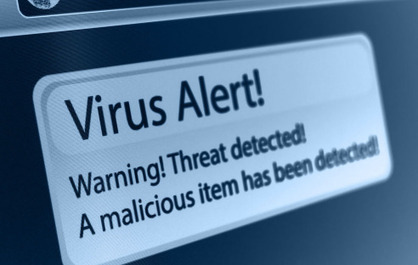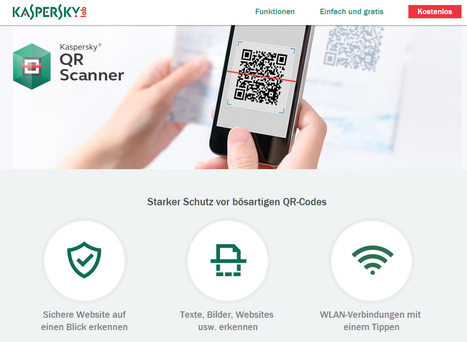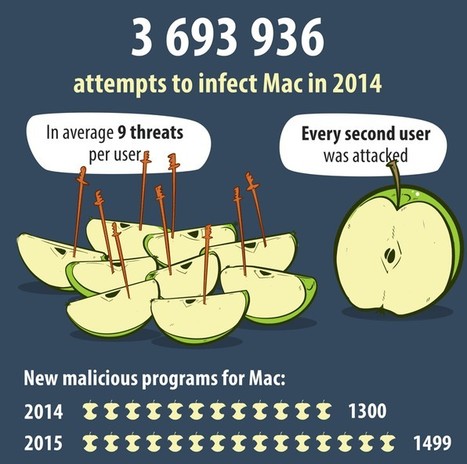Rund 64 Prozent aller über das Internet durchgeführten Angriffe erfolgen über den Browser, meldet Kaspersky Lab. An zweiter Stelle steht mit 14 Prozent das bei den Anwendern nicht mehr sehr beliebte Java, gefolgt von Android mit 13 Prozent, Microsoft Office mit 5 Prozent, Flash mit 3 Prozent und dem Adobe Reader mit 1 Prozent. Die Zahlen stammen aus dem cloudbasierten Kaspersky Security Network (KSN), an dem Kunden des Unternehmens auf freiwilliger Basis teilnehmen können.
Mehr erfahren / Learn more:



 Your new post is loading...
Your new post is loading...













Mehr erfahren / Learn more:
- https://gustmees.wordpress.com/2012/05/02/get-smart-with-5-minutes-tutorialsit-securitypart-1-browsers/
- https://gustmeesde.wordpress.com/2014/12/16/browser-sind-das-einfallstor-fur-malware-sind-eure-browser-up-to-date/